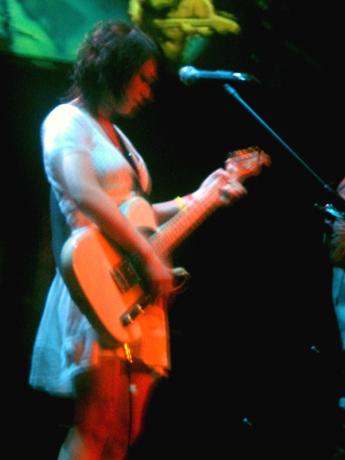Search
Acoustic Overview

An evening's concert might vary between introspective blues to folky finger-picking, from more pop-oriented strumming acts to vocal harmony specialists, with classical guitarists and other instrumentalists also welcome to contribute.
Some open mic sessions are just that - individual performers turn up early on the night and hope to get a slot. Other open mic evenings, slightly more organised, put on a bill organised in advance. There are more formal gigs where local artists play support to songwriters from elsewhere in the UK and abroad - some promoters are skilled at recruiting impressive international talent to play at relatively small-scale gigs in the city.
There are the universities, too: a lot of open-mic music goes on in colleges, but it isn't broadly advertised and is generally put on and attended by students.
There is considerable crossover between the singer-songwriter population and other acoustic music going on in the city. Many acoustic performers also front local indie bands, and bands from rock to hip-hop will find several venues where they can perform acoustic sets. The folk scene - a natural focus for serious Cambridge songwriting - is still alive and kicking, with weekly performances at the renowned Cambridge Folk Club. It features traditional music in all its guises along with more contemporary artists from local to international.
Recently an experimental free folk scene has also sprung up, mixing traditional sounds with a more meditative approach to exploring technique, technology and instrumentation, and crossing over with post-rock and noise acts to create some of the most interesting gigs in Cambridge in 2006.